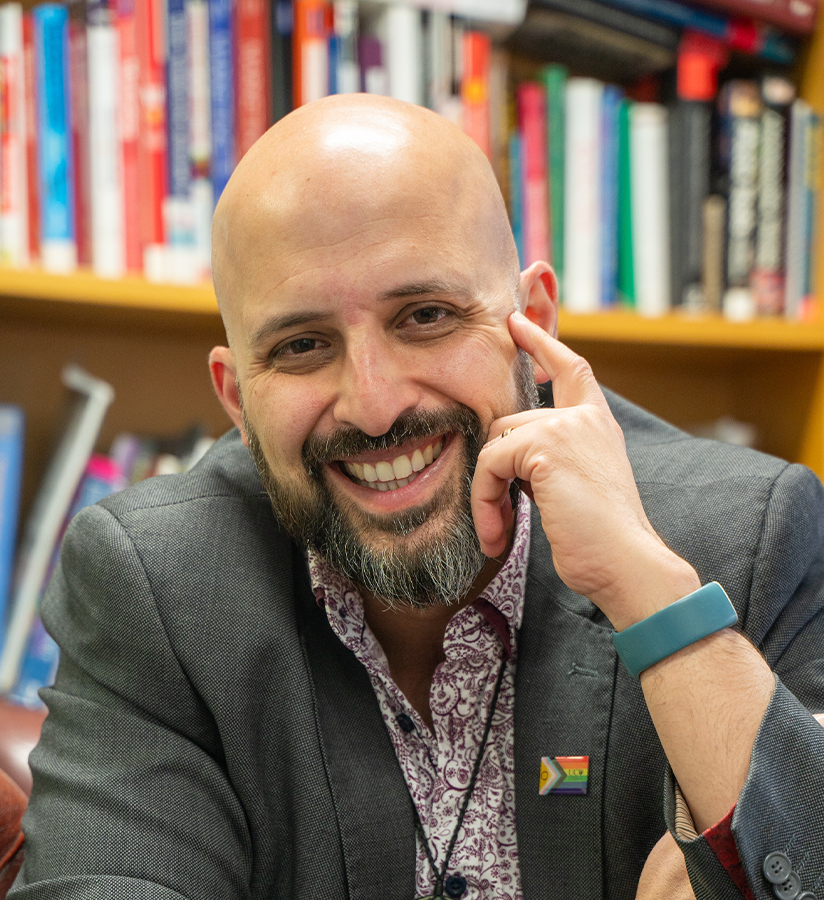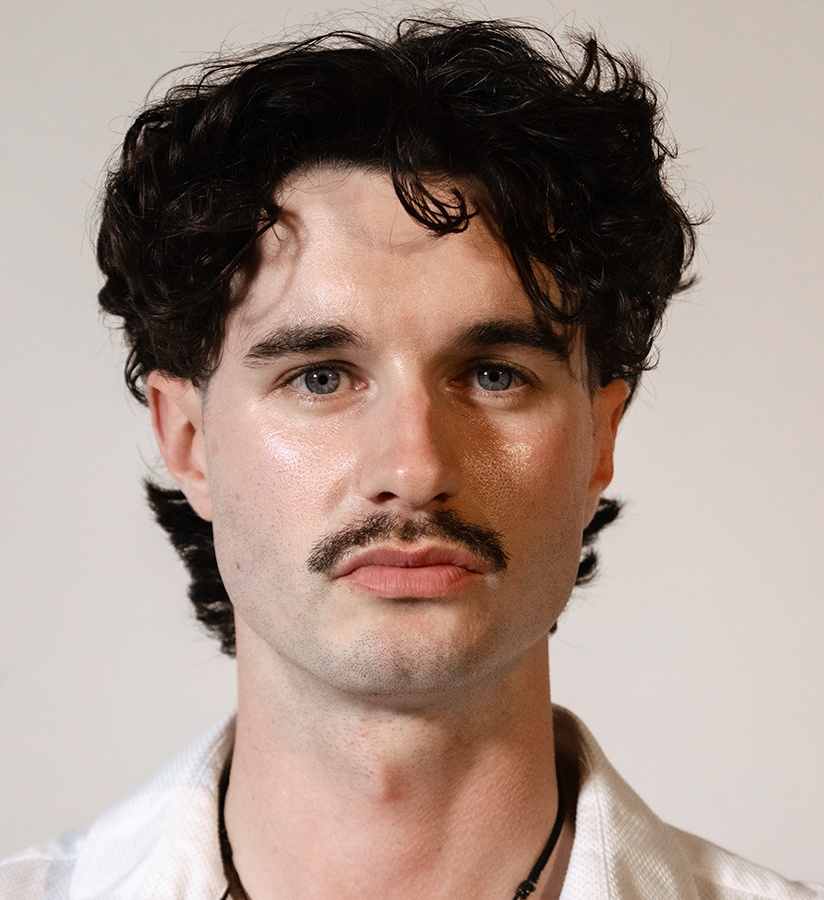William James, one of the founders of modern psychology, is purported to have said that the greatest discovery of his generation is that human beings can alter their lives by altering their minds. This of course is easier said than done. More than a century after James, researchers are still trying to get a clear picture of how the mind and its elements including, perceptions, attitudes, and expectations, affect real-world outcomes, and how we can take control of this influence to lead more meaningful and successful lives.
The MCL is at the forefront of this effort. We are a psychological science-led research group dedicated to investigating and decoding the mysteries of the human mind. More specifically, we are interested in understanding how to effectively direct, manage, and use the mind to achieve success across multiple domains, including business, work, sports, and more.
We strongly encourage an interdisciplinary approach that bridges the gap between theory and real-world applications. To that end, our lab collaborates with other labs in the SPSH, as well as external labs worldwide, such as the Auckland Bioengineering Institute and the Empathic Computing Laboratory at the University of South Australia. The lab also partners with medical teams at centres such as Te Whatu Ora – Health New Zealand Waitaha Canterbury, iwi and Māori organisations, and community groups such as Lads Without Labels to improve outcomes.
Certainly, there are exciting, fulfilling, and potentially high-yielding opportunities for increased collaboration, value creation, and partnership. We encourage interested businesses and industry organisations whether local, national, or international to reach out to us HERE.
To be sure, our research findings have a stunning array of implications and applications including (but not limited to) helping individuals and teams rethink failure, stay focused, exceed the growth and progress they assumed possible, advance mental thriving for rangatahi, and better navigate (and, where appropriate, defend against) the ever-evolving social and technological forces that are increasingly surrounding and pervasively influencing human thought and life.
Research in the lab can be grouped into three broad themes, below we dive into these areas in greater detail, and highlight some of our research projects.












